Nigeria continues to be one of the top nations in terms of music production in the world today. Our music scene is diversified and includes a variety of genres, including highlife, fuji, hip-hop, reggae, and juju, among others. These genres are renowned for their own sounds and styles, and one of their most attractive aspects is how endowed the nation is to have artists who perform extraordinarily well in these genres.
These musicians’ contribution to the music scene is extremely significant, and their skill with their sounds has led them to international peak, helping us coin the term Afrobeats to the world. We now recognize the diversity of these wide-ranging genres, but it can be difficult to distinguish between them because we almost always seem to classify every Nigerian singer as an Afrobeats performer and refer to their music as Afrobeats.
The percussive energy a track has, the positive vibe it conveys, and the simple fact that a Nigerian artist owns the song are likely what a layperson would define as “Afrobeats”; however, we often fail to realize that while the genre is very popular and has become a global phenomenon, most of these tracks do not actually fit into the Afrobeats category, let alone define an artist as an ardent master of the genre.
We should learn to categorize Wizkid’s music as R&B in spite of the fact that it is a difficult concept to accept. The artist is gradually but unmistakably entering his R&B era, and we should have noticed this given how drastically his sound has changed since his album Sounds From The Other Side from years ago. Imagine being subjected to listening to an album that characterizes Wizkid as a steady and slow-moving artist rather than the Pakurumo-Wizkid we once knew. The singer welcomed us into his freshly refined age while receiving little reception on the album. Wizkid has since begun putting out music that is more in the vein of soulful R&B, whether we liked it or not.
Although this does not completely disassociate him from the typical Afrobeats genre, we must accept the fact that Wizkid has recently released music that ventures outside of it on his two most recent albums, Made in Lagos and More Love, Less Ego, which go beyond being a simple illustration of the typical Nigerian music that does not entirely speak Afrobeats.
The said misconception that all Nigerian artists are Afrobeat artists or that all Nigerian music is Afrobeats should be critically addressed. There are other popular genres in Nigeria as well; for example, the country has a thriving hip-hop scene where artists like MI Abaga, Falz, Vector, and Blaqbonez are thriving more under hip-hop than Afrobeats as one would simply push them under.
Let’s scrutinize the elements of Afrobeats in more detail and recall highlife and jazz as the genre’s foundations. Nigeria is home to many talented musicians, including The Cavemen, Flavour, and even older artists like Oliver De Coque and the late Chief Osita Osadebe, whose music pales in comparison to Afrobeats. Their peculiar brand of highlife music speaks volumes about the Eastern region of the country and leans into its roots.
While acknowledging that their music contains elements of Afrobeats, some of our contemporary artists have gone further to redefine their music and make it clear about the music they make. Instead of fully labelling their music as Afrobeats, they inject their personalities into it and give it a tag that you can infer is the best way to describe the music they create. This is clearly demonstrated by Ckay’s music, which is classified as Afro-Emo and extended into Afrobeats but offers stories of emotions that are obvious when listening intently to it. His debut album, Sad Romance, masterfully grafts Afrobeats into his palate of music composition. Even on his amapiano tune, You and Mmadu, you can still sense how the artist purposefully doesn’t deviate from his essence. Call it amapiano but heart melting.
In the same sense, we also witness the rise of alté artists who have come to the firm conclusion that their music has nothing to do with any of the recognized genres that the Nigerian music scene represents. You could remark that alté music is distinct, formidable, and has little to do with popular music genres. We can see this in both alté music and the musicians who allow their aura to drive the type of music they create. In the forefront of this genre are artists like Cruel Santino, Odunsi The Engine, and Fresh L, among others.
Contrary to your perception of Ajebutter22, BOJ, and Show Dem Camp as core Afrobeats artists, these musicians are actually alté stars, which is a fun fact about these musicians. The misperception regarding these musicians and their musicality is rather great, and you never hear them tagged with the deepest of Afrobeats genre.
Nonetheless, Afrobeats is a fairly broad genre that has seen the emergence of numerous genres from beneath it, especially since its rapid ascent during Fela’s musical era. The likes of Davido, Burna Boy, and Wizkid, among others, are mostly Afrobeats promoters. Davido tends to lean more toward pop, while Burna adopts a fusion approach that incorporates dancehall, Caribbean music, and other experimental genres.
It is clear that Westerners frequently classify our music as Afrobeats, and so this presents an understandable front given that it basically encapsulates how our artists are spreading Nigerian music across the globe.
The argument over whether Nigerian musicians are considered Afrobeats musicians will have to change given that the majority of these musicians have no connection to the genre’s definition; for example, soulful R&B musicians like Tems, Johnny Drille, and Ric Hassani occasionally experiment with the mainstream genre without letting it define their work.
Although Afrobeats continues to be the genuine source of the growth of some of these genres, Nigerian music is frequently defined using aspects from this music, leading to the conclusion that perhaps all Nigerian songs are Afrobeats influenced rather than all Nigerian songs being Afrobeats songs.

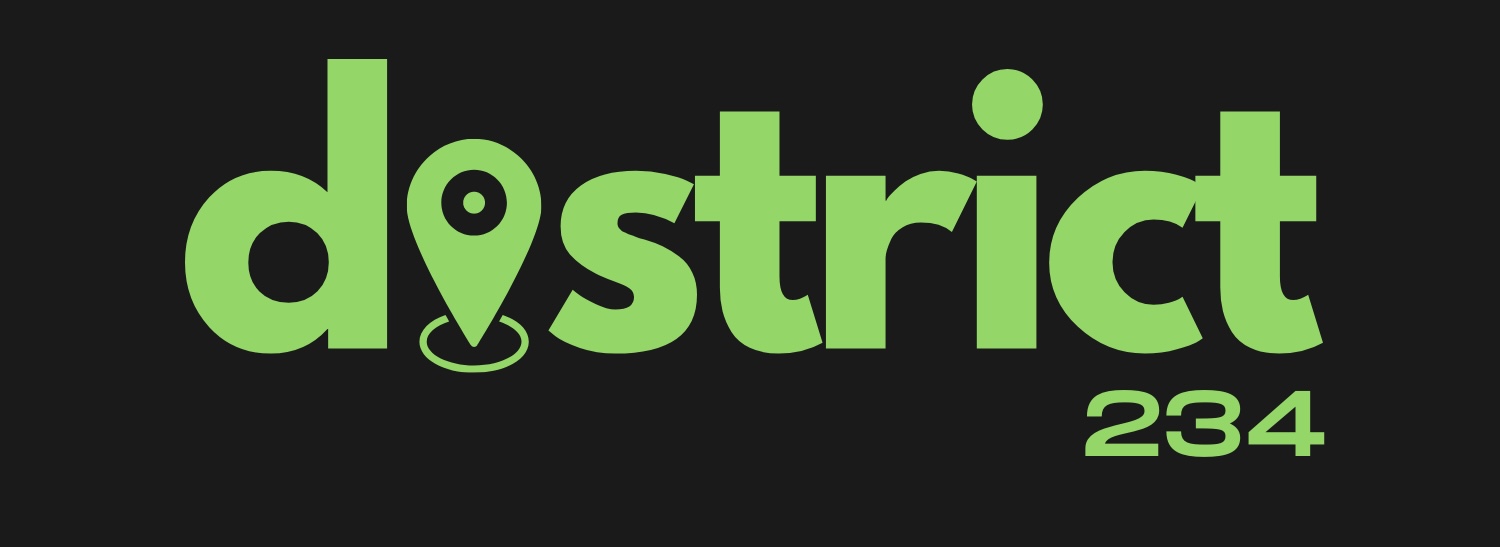
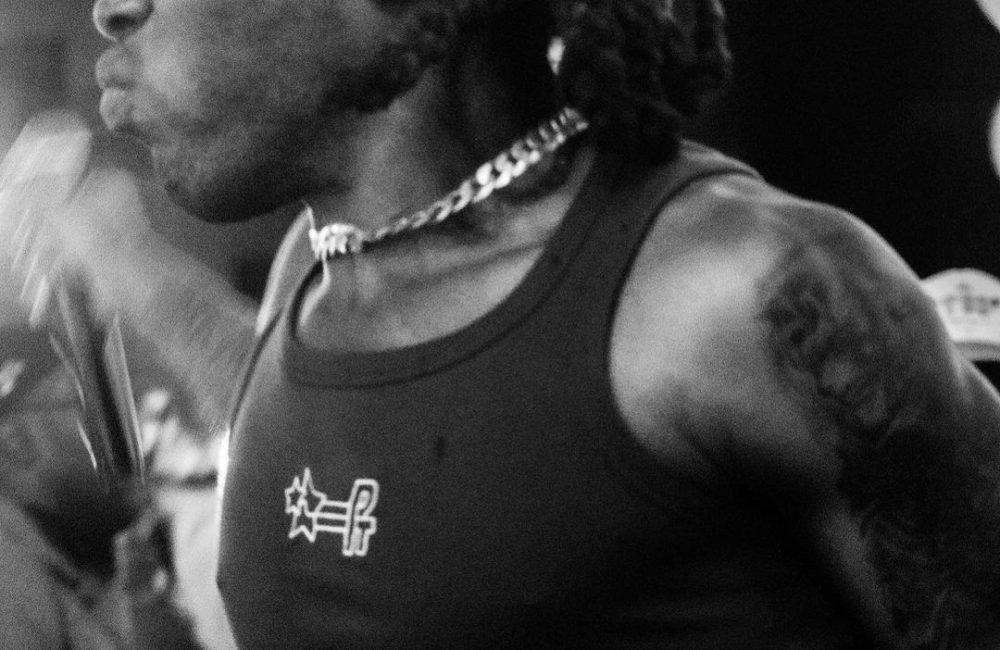
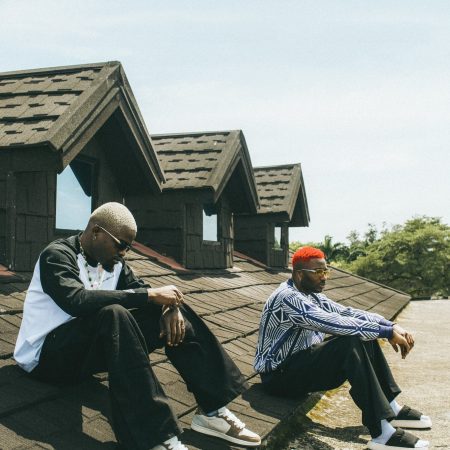
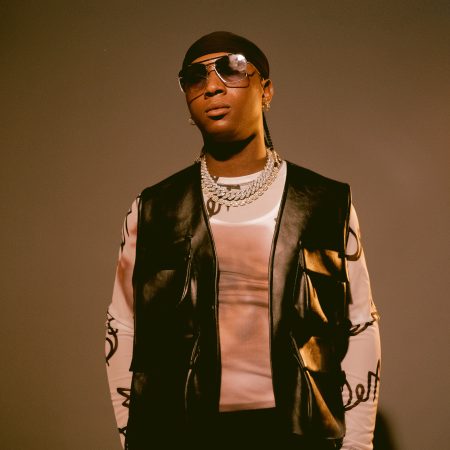



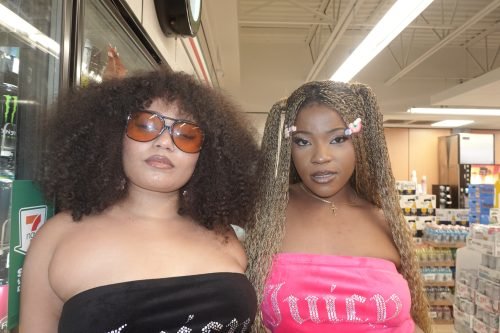
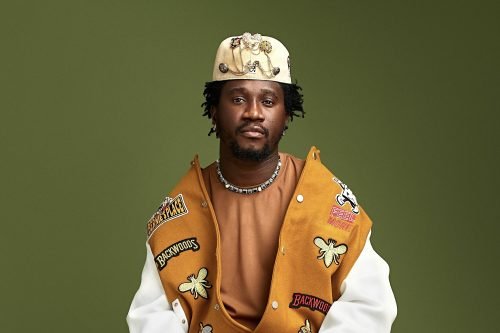
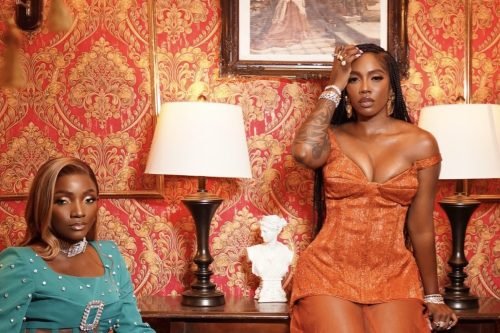
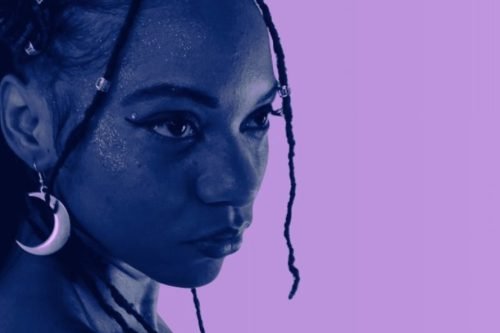
Leave a Reply